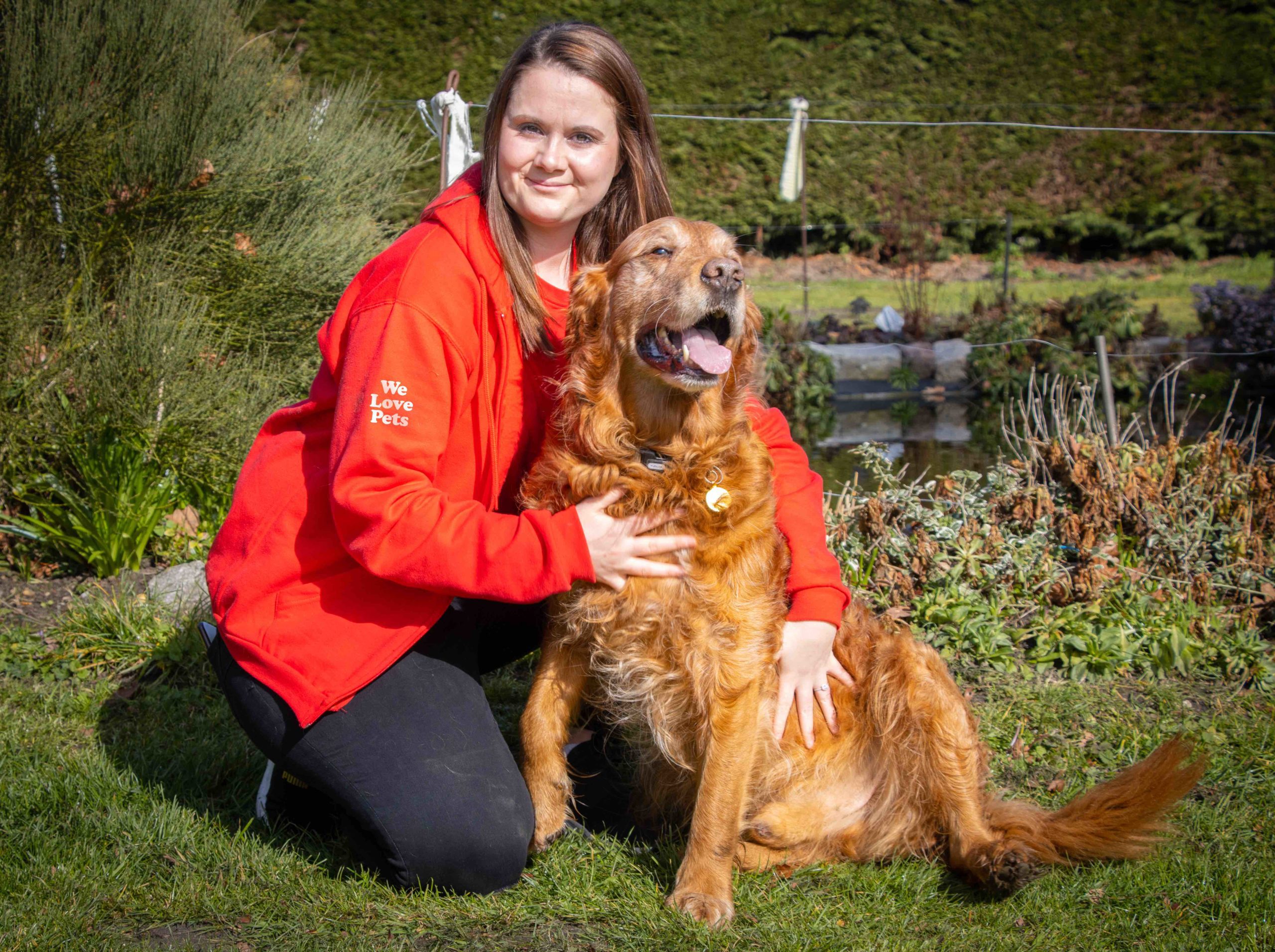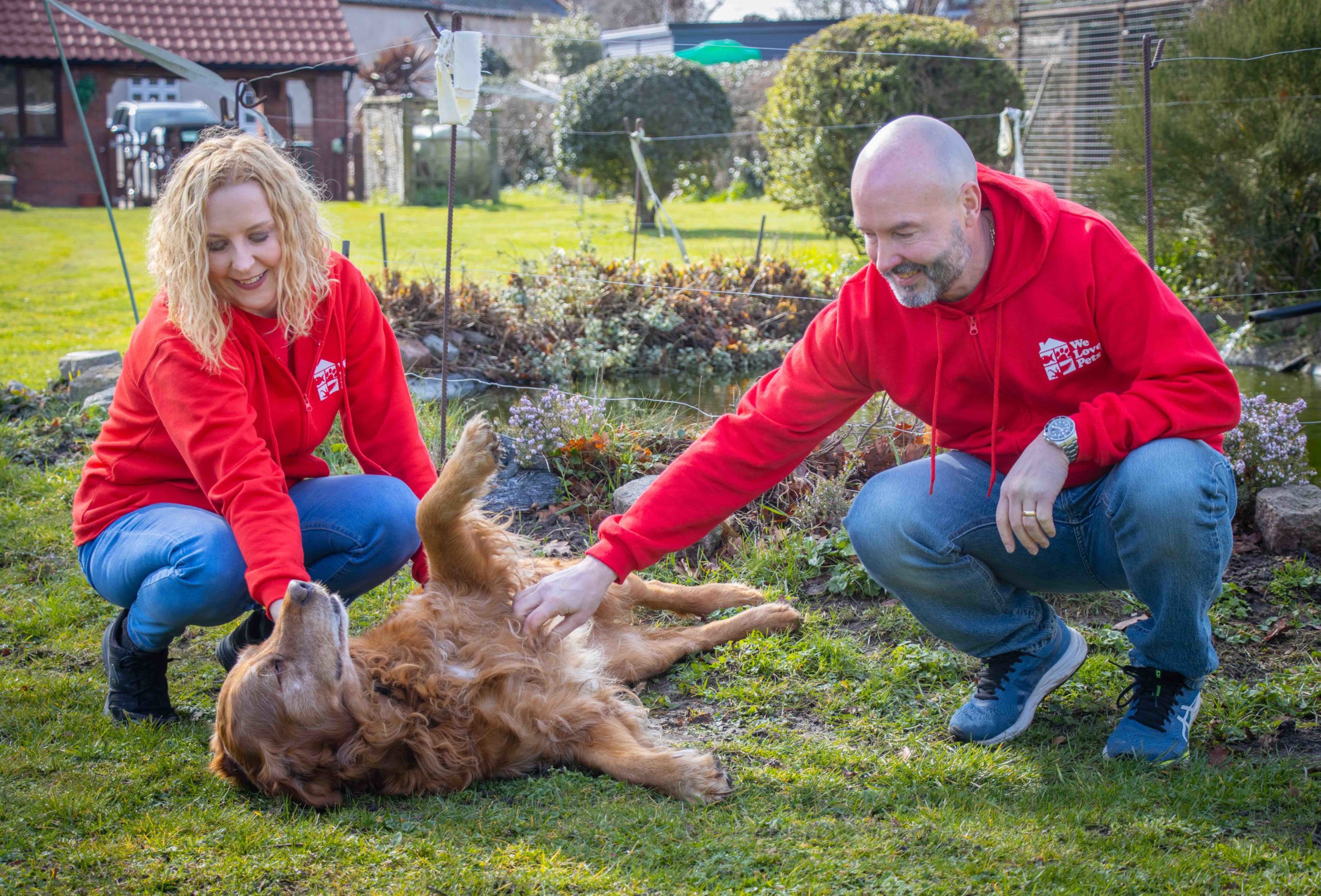Some Breeds are Smarter Than Others. True or False?
TRUE!
Intelligence comes in a multitude of forms, even for dogs, so it’s hard to say whether one breed is really “smarter” than others. But there are evidenced differences. According to Stanley Coren, PhD, neuropsychologist, there are three major types of dog cleverness: instinctive intelligence (what they are bred to do), adaptive intelligence (what they learn themselves), and working and obedience intelligence (what they are taught to do). Comparing dogs with the first two is difficult, but with working and obedience intelligence there is a noticeable range in brainpower between breeds.
What’s the Smartest Breed?
BORDER COLLIE!
Border collies are considered one of the most intelligent in terms of training and obedience. In a survey of 208 obedience training judges, 199 of them ranked border collies in the top ten! In order, the others were poodles, German shepherds, golden retrievers, Dobermans, Shetland sheepdogs, Labrador retrievers, papillons, Rottweilers, and Australian cattle dogs.
What’s the Least Intelligent?
AFGHAN HOUND!
Sorry to any Afghan Hound enthusiasts; they were ranked lowest in tests for working and obedience intelligence. They were considered the least “trainable” breed, followed by basenji, bulldog, chow chow, borzoi, bloodhound, Pekingese, beagle, mastiff, and basset hound.
On Average How Many Words Can a Dog Learn?
165!
The average dog can learn 165 words and commands. “Super dogs”- in the top 20% of intelligence- can learn more. Researchers have taught a border collie named Chaser more than 1,000 words, which is about the same vocabulary as a 3-year-old child.
Dogs Can Count. True or False?
TRUE!
Maybe asking them to count up in multiples of six might not work, but tests have shown that dogs can count up to four or five and understand the concept of addition and subtraction. If a dog sees a bowl with five pieces of food and one with two, they will likely go for the one with five!
Dogs Don’t Understand Time and Space. True or False?
FALSE!
Dogs understand simple ideas of space. They can make a mental map of the space around them, as long as they have recognisable landmarks to see. The concept of time is a little harder, but some dogs understand that things happen in a logical order. Does your dog get excited when they see you near their lead? They associate your presence near the lead with a walk!
Mentally, a dog is similar to a 1-year-old. True or false?
FALSE!
The average dog has the language understanding of about a 2-year-old child and understands numbers like a child between two and three!
You Can Make Your Dog More Obedient and/or Better Trained, But You Can’t Make Your Dog Smarter. True or false?
FALSE!
You CAN make your dog smarter! In a mentally stimulating environment, dogs learn much faster than in a dull environment. New experiences and intriguing challenges help to create new neural connections in a dog’s brain.
Dogs Can Play Tricks on Humans. True or false?
TRUE!
This will likely come as little surprise for any dog owner, but dogs have been shown to purposely fool people and other dogs to get what they want. When a person and a dog are playing, if the person tries to trick the dog, it will work about 47% of the time. When a dog tries to trick a human, it works nearly the same amount at 41%.
Dogs May Be Getting Smarter. True or False?
TRUE!
Dogs today have bigger brains compared to their body than their ancestors did. This could be due to selective breeding for skills that require intelligence- such as hunting, guarding etc.
You Can’t Teach an Old Dog New Tricks. True or false?
FALSE!
Not only can old dogs learn new things, but learning can help hold back mental decline that’s sometimes a part of ageing. Canine cognitive dysfunction syndrome in dogs is often compared to Alzheimer’s. Mental activity, challenges and exercise can help this.
Smarter Dogs Are Better Pets Than Less Intelligent. True or false?
FALSE!
If you want a working dog, then pick a typically more intelligent breed, but smarter dogs can be more demanding, needing more attention. Intelligent dogs can be more high-strung and can react in both negative and positive ways. Having a less intelligent breed might mean that they are a bit calmer, especially around children and other bringers of chaos. Though of course, this is not always the case.




